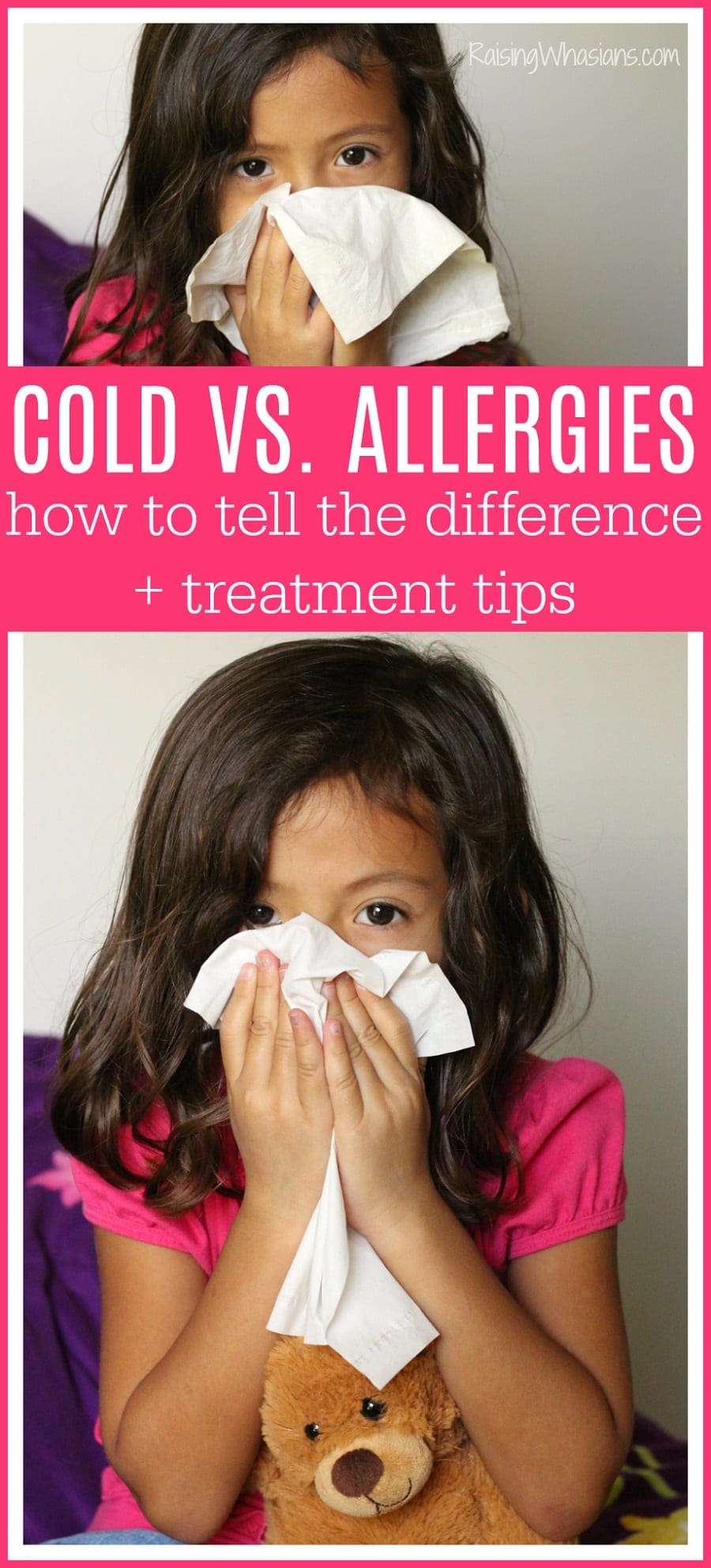Does your child have tummy troubles? Here are 10 Tips to Survive Stomach Flu This Winter. This is a sponsored post. All opinions are my own.
10 Tips to Survive Stomach Flu This Winter
Twas the night before Christmas with so much left to do, but everything got put on hold when my son got the stomach flu.
Oh yes, that was one memorable Christmas. Everyone has a stomach flu story. And unfortunately, ours came around Christmas Eve. My poor son never looked so miserable as we spent hours dealing with all of the pain, fever and GI issues out the front and the back.
And with another round of stomach flu hitting our school this season, I figured now is the time for us to chat about everything stomach flu. Stomach flu was one of THE most common illnesses I saw in the hospital when I took care of sick kids. And I often get asked about what to do.
So here are my Top 10 Tips to Survive Stomach Flu This Winter with your child. From what to have on hand to best clean up supplies (yup!) to understanding the ABCs of care and treatment, I want to make sure all parents are prepared any tummy troubles that may come our way!
What Causes the Stomach Flu?
The stomach flu, also known as gastroenteritis, is caused by a family of viruses that attack the gastrointestinal tract. The most common cause in the United States is the Norovirus, and it tends to peak in the winter months, very similar to the flu. According to NBC News, Norovirus “makes 21 million people sick every year in the United States.” Unlike the flu however, getting your annual flu shot will only protect you against the respiratory flu, not stomach flu.
How Long Does the Stomach Flu Last?
Most tummy illnesses last between 24-48 hours, with a peak of the worst symptoms during the first 12 hours. And as terrible as the stomach flu sounds, kids actually bounce back quickly and usually faster than adults.
What Are the Common Stomach Flu Symptoms?
I always feel better knowing what I’m about to step into. And if you haven’t heard, the stomach flu symptoms can be messy, including:
- Fever
- Stomach pain
- Vomiting
- Diarrhea
- Fatigue
Is the Stomach Flu Contagious?
Is the stomach flu contagious? ABSOLUTELY. This nasty virus can spread easily, just through touch alone. So I highly recommend keeping your child quarantined from the rest of the family – for at least 24 hours AFTER symptoms have resolved. Be sure to have sanitizing wipes, hand sanitizer and lots and lots of HAND WASHING in your home to keep the stomach flu from spreading.
What Stomach Flu Essentials Should I Have?
Bring in the reinforcements! The stomach flu can hit hard and heavy – very quickly. I always make sure that we are stocked up on stomach flu essentials. What do I keep on hand in my home? Here’s what I recommend:
- Pedialyte
- Baking soda (my handy secret for cleaning up vomit – just pour LOTS over the area and soak for easier clean up)
- Hand sanitizer
- Sanitizing wipes (bonus with bleach!)
- Bland foods such as saltines, applesauce, toast, bananas
- Your child’s favorite foods (when in doubt, give them what they want to eat!)
- Sleeping bag (easy to clean up!)
What’s the 20 Minute Rule?
Parents, it’s hard to watch your child be miserable with the stomach flu. But as much as we want to immediately fix them, stick to the 20 minute rule. Wait 20 minutes after their last vomit/diarrhea episode before attempting to offer food or drink. This allows your child’s body to calm with more likelihood that the food/drink will stay down after 20 minutes.
What is the Best Fever Treatment During the Stomach Flu?
Fevers can be common when your child has the stomach flu. (Remember my theme park nightmare?) And while it may be tempting to reach for those over-the-counter fever reducers, keep in mind that not all medicine is the same.
Acetaminophen is a much gentler option for your child’s fever with less side effects. Ibuprofen on the other hand, can further aggravate tummy troubles. So be careful before treating fevers. And don’t hesitate to reach out to your pediatrician for fever advice.
When Can I Send My Child Back to School?
It may be tempting to send your child back to school as soon as they’re feeling better. But keep ALL of these tips in mind before you drop them off at school:
- 24 hours of NO fever and
- 24 hours of NO vomiting and
- 24 hours of normal stools
Should I Be Worried About Dehydration?
Kids are super resilient when it comes to being sick. However, due to their small body mass, they can also become dehydrated MUCH faster than adults. Be on the lookout for dehydration warning signs that may indicate that you need further medical attention:
- dry lips and mouth
- fatigue
- crying without tears
- sunken eyes
- unable to keep food and drink down
- fatigue/tiredness
When in doubt, use your parent instincts. You know when your child just “doesn’t look right.” Seek medical attention whenever necessary. They may just need something like IV fluids to help them heal faster!
What Prevention Measures Should I Take?
Whenever I think about tummy troubles in kids, that popular commercial pops in my head. “Nausea, heartburn, indigestion, upset stomach, diarrhea!” Preventing stomach flu and other common kid GI problems can be overwhelming. But this winter, KnowYourOTCs is here to help! I joined with my fellow parenting bloggers to create a series of videos to focus on just that: from stomach flu to diarrhea to constipation to food allergies, check out all of the Tummy Troubles Videos for tips on prevention, treatment and more!
I pray that the stomach flu stays far far FAR away from your family this winter, especially during the Christmas season. Hopefully these tips and our story will help keep you calm if the stomach flu invades your home. Head to KnowYourOTCs.org for more treatment tips to survive stomach flu, upset stomach, constipation and more kid illnesses.
Follow KnowYourOTCs for more kids health tips, like how to survive stomach flu:
Twitter | Facebook | Instagram | YouTube | Pinterest
What are your best tips to survive stomach flu?
I am a #KnowYourOTCs blogging ambassador, compensated by the CHPA’s Educational Foundation in support of KnowYourOTCs.org. All opinions are my own. No little hands touched the OTC medicines (I’m a pediatric nurse, remember?) and teeth were promptly brushed following these pictures. Be sure to follow Raising Whasians for more family travel tips, delicious recipes, and kid crafts.















Leave a Reply